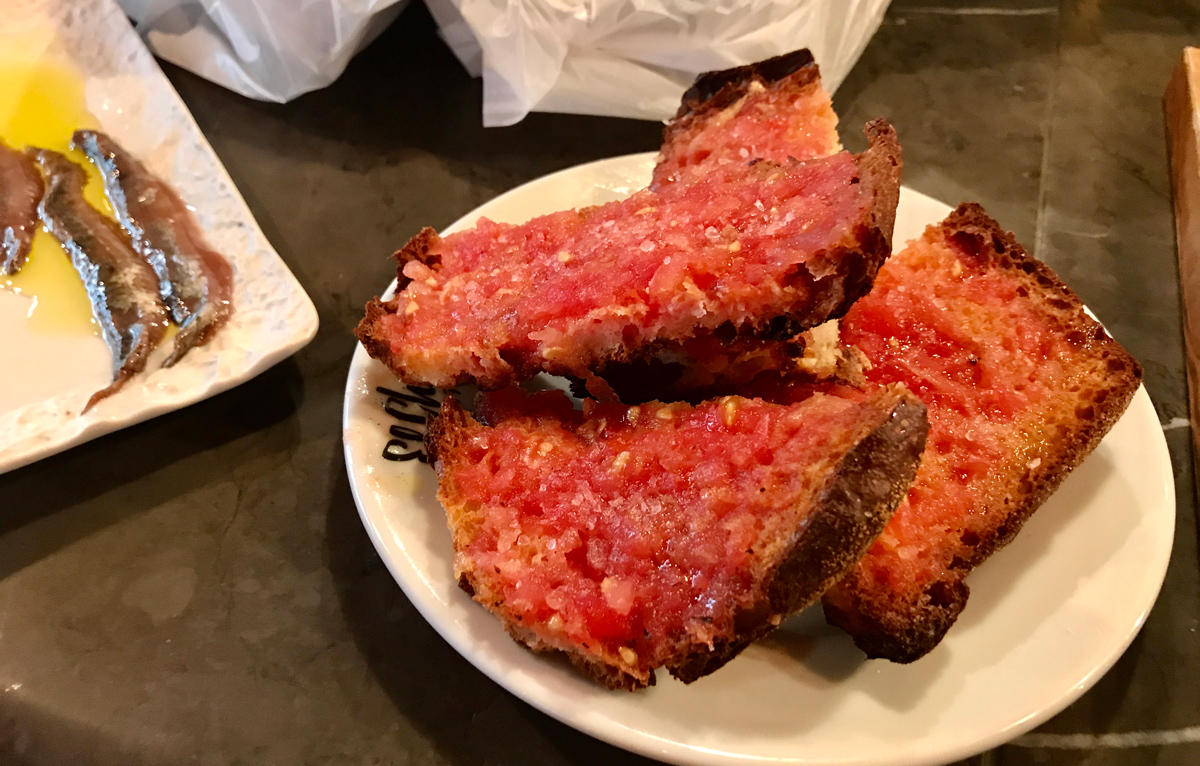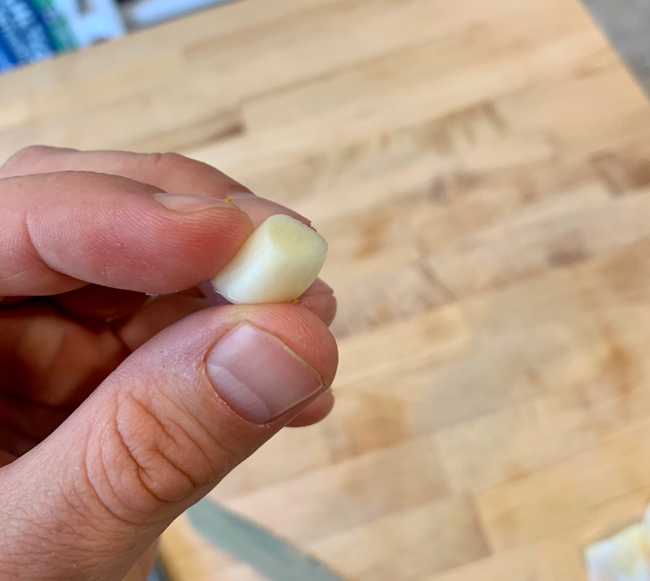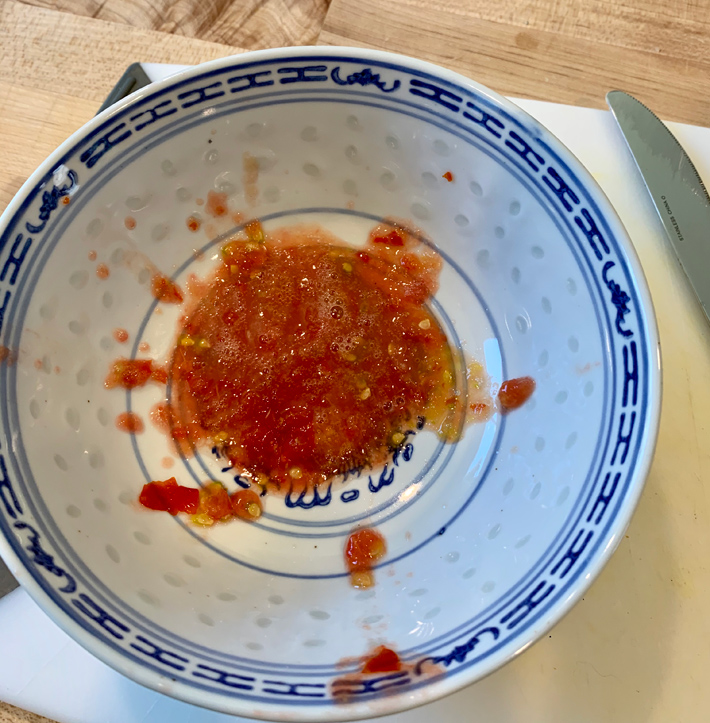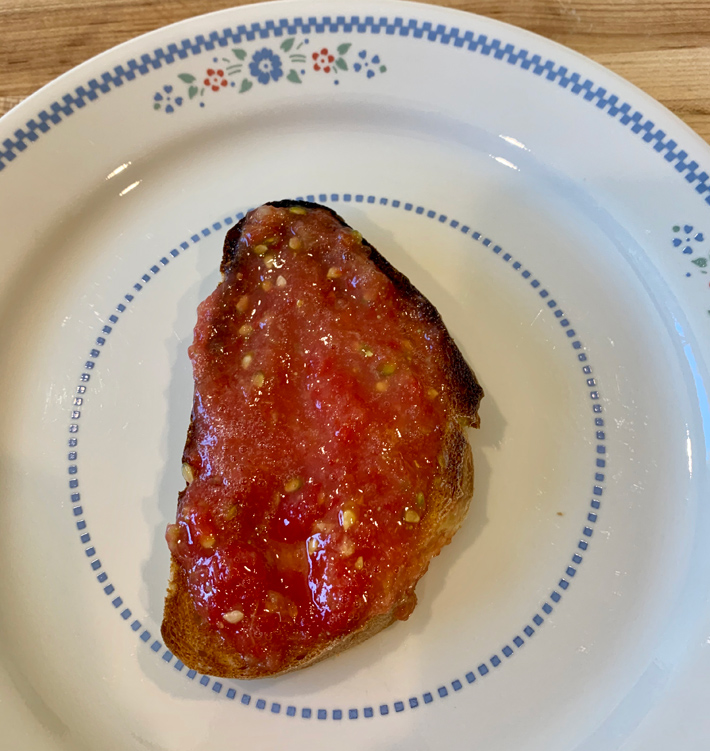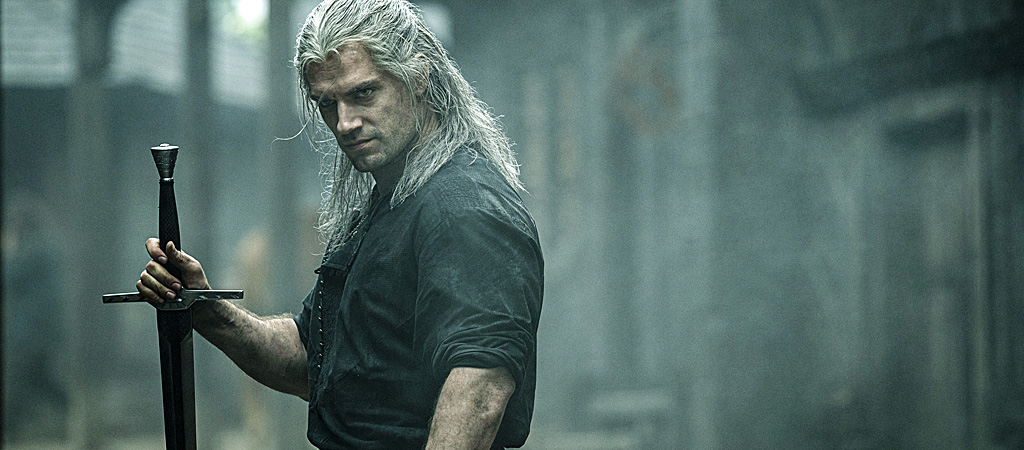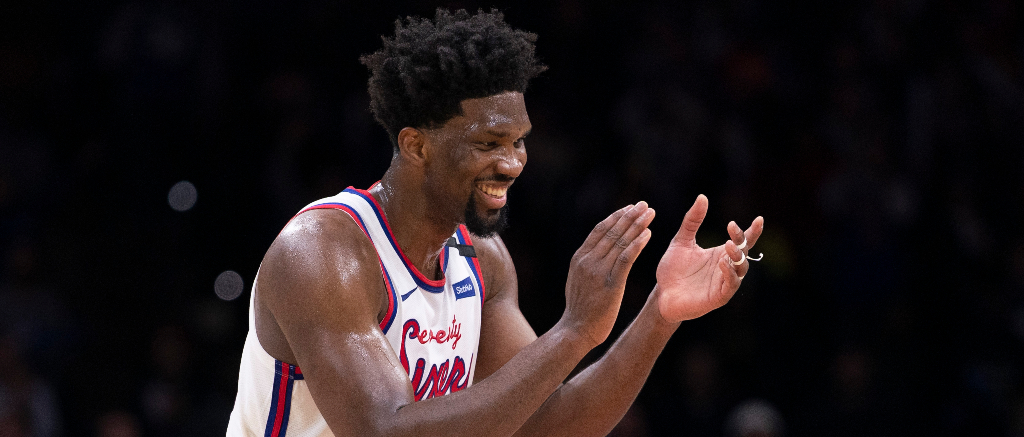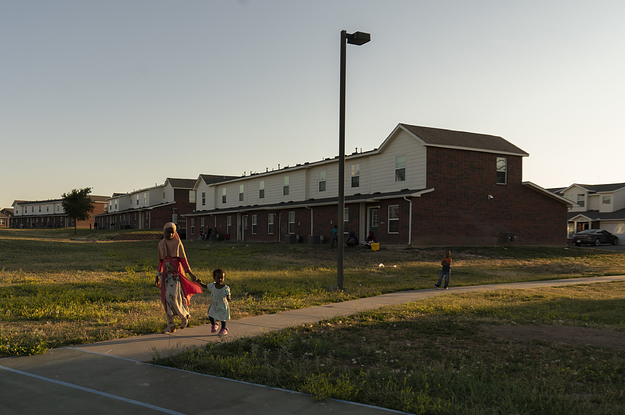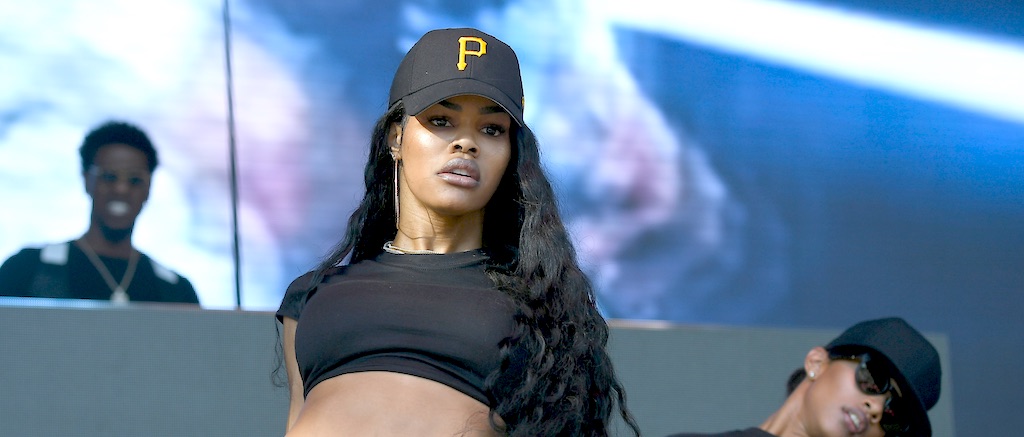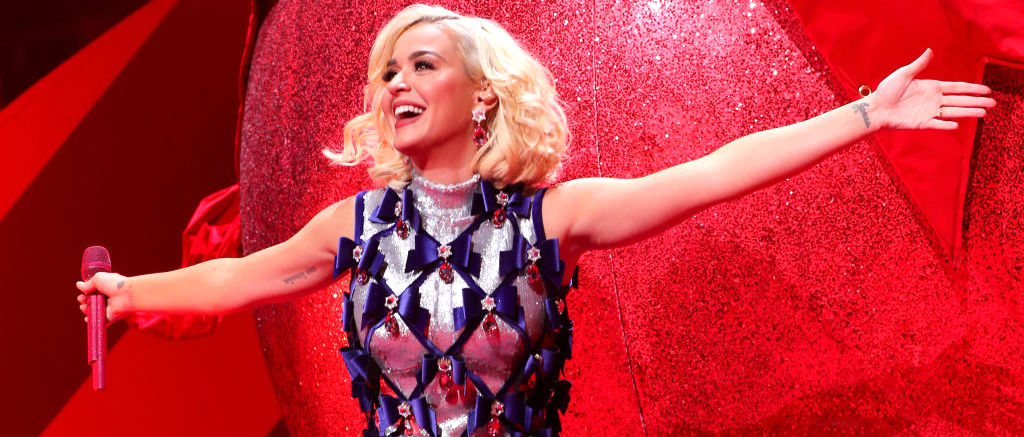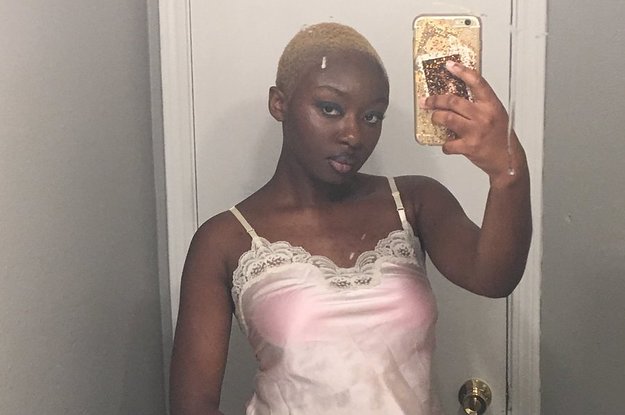“Which country has the best food in the world?”
Woah. Is there a more loaded question in all of food writing? It’s pretty much impossible to fairly rank one country’s food over another. Even in seemingly small countries like Italy or Greece or Thailand, there’s enough internal variation across regional cuisines to keep you arguing for days. Remember, no country is a monolith. And that’s before you even start trying to compare other nations to each other and crossing meridians and parallels.
Our ethos: enjoy it all, folks. Savor it. Try new things. Make bold declarations, fine, but expect to be proven wrong again and again throughout your lifetime. Never call anything exotic, just bask in how it is new to you.
Though we just spent two paragraphs explaining how this subject isn’t really rankable, we are curious about which cuisines around the world people dig the most. To find an answer to that, we turned to the masses over at Ranker. The question was simple, “Which countries have the best food?” 450,000 votes later and a very clear top ten emerged. It is right? That’s impossible to say. It does give way to an interesting discussion, though — giving us a chance to travel vicariously through a culture’s food during a time when international travel’s future is a big question mark.
10. ARGENTINA
Argentine street food leans very heavily into the nation’s colonial European roots. After an almost total genocide in the late 1800s against the Indigenous nations, Spanish and Italian food cultures pretty much became the only food that formed “Argentine” foodways. Granted, those colonizers adopted a few Indigenous food practices like open-flame pit barbecue (la parrilla or asado in Spanish) alongside the use of a few Indigenous products, but a huge amount of the original culture is gone.
What’s left are Iberian and Italian cuisines that are jacked up on massive doses of beef, cheese, and wine. If you love Spanish cuisines, then Argentina is going to be your jam. We’d also argue that Argentina — Buenos Aires especially — has some of the best Neapolitan pizza outside of Naples thanks to two million Italians landing there around 1900 (the same number as New York).
Iconic Street Food: Empanadas
Spanish empanadas are the backbone of Argentine street food. The classic package of shredded or ground beef, chili, onion, garlic, cumin, oregano, and paprika wrapped in a puff pastry shell and then fried is hard to argue with. If you’ve been out drinking red wine and pretending to Tango all night, this is the perfect after-midnight one-hander snack. From there, there’s pretty much every Ibero/Italiano variation you can imagine.
9. HONG KONG
Hong Kong has one of the most iconic street food scenes in any city in the world. Their soy-marinated squid and octopus sticks are the stuff of foodie’s dreams. The ubiquity of great food for amazingly inexpensive prices pretty much 24/7 is the epitome of what a great street food city should be. Let’s put it this way, Hong Kong is the sort of city where you can spend a month eating every meal on the streets and still only scratch the surface. It rules.
And all of that is just the streets. The city also has one of the widest arrays of international restaurants of any place on the planet.
Iconic Street Food: Curry Fish Balls
Fish balls on a stick are a staple of the HK street food scene. They are seemingly available on every other street corner. The conceit is simple, a fish ball (a smooth fish meatball) is cooked in a satay-like curry sauce with a coconut base. It’s spicy, velvety, fishy, and loaded with umami. Pretty much every spot is going to have its own “secret” curry recipe and the dopest spots will make sure there’s a curried piece of radish nearby to counterpoint all that briny, spice, and umami.
8. BRAZIL
Brazil is another nation where the Indigenous cuisines have been pushed to the edge of existence thanks to continued genocides. The remaining Brazilian food identities vary from the Caribbean beaches to the mountains to the Amazon to the cities with Afro-European foodways blending with Indigenous ingredients that are very similar to the American South’s cuisine.
All of that said, there’s not really a “single” food to call “Brazilian” (besides maybe the African-influenced feijoada — a roasted pork and stewed black bean dish). It really just depends where you are and who’s cooking for you. The throughline in Brazil is that it’ll almost always be a spectacular eating experience.
Iconic Street Food: Mortadella Sandwich
Leaning into Brazil’s Italian colonial background, the stacked mortadella sandwiches you get at local food markets (especially in Sao Paolo) is one of the world’s great sandwich experiences. The sandwich is about a half-pound of plancha fried mortadella often but not always layered with melty cheese, mayo, mustard, and sometimes a chili reduction on a white sourdough roll.
You’ll dream about this sandwich for years after you leave Brazil.
7. PERU
Peru, like most of its American counterparts, has carried out genocide after genocide against its Indigenous population over the centuries. Yet, the Indigenous peoples of Peru are still a crucial part of Peruvian society and its cuisine — albeit sidelined for European and Japanese colonial foods in the mainstream for the most part.
Still, Peru is where the world gets potatoes, quinoa, various beans, chilis, and the tomato. Food runs deep in the culture and has ancient roots still being utilized to this day. Case in point, freeze-drying food was invented by the Incas. Indigenous Peruvians (the Moche) also gave the world ceviche, for which we should all be very thankful.
Iconic Street Food: Anticuchos
Anticuchos is a classic meat-on-a-stick cooked over a fire. It’s in no way unique to Peru in the grand scheme of cooking meat over a fire. What makes Anticuchos unique is the use of llama and the spices used to marinate the meat before it hits the open flame, namely: chili. The dish is now more popularly made with beef heart (which grew ubiquitous when the Spaniards refused African slaves any other meat to cook with). If you can find it with llama, it’s like a time machine to another era, though don’t skip the beef heart versions you find all over the cities.
6. INDIA
India is a massive country with varied and deeply rooted food cultures spread over a billion-plus people. You can bet your ass that what’s being cooked on the streets and in the kitchens of Mumbai and Delhi and Amritsar deserves to be recognized as some of the best food in the world.
Really though, the food cultures in India are crazy varied. The heavy meat stews in the Islamic north are wholly different than the veggie Tamal plates you find in the Hindu southeast. And that’s before you even start digging into the different major cities and their phenomenal street food scenes.
You won’t have a bad meal in India, is what we’re saying.
Iconic Street Food: Pav Bhaji
Mumbai is one of the best cities for street food in the world. The dish you have to try: Pav Bhaji. The dish is everywhere and it’s goddamn delicious. Two sweet rolls are buttered and grilled on a flattop grill while a slightly spicy veg stew is mashed and warmed up. That’s all served together with a little lime, onion, and pickle. It’s divine, filling, and costs less than a dollar.
5. TURKEY
There’s so much great food in Turkey that it’s hard to know where to start. As a crossroads along the spice and food trail for millennia, Turkish cuisine is amazingly varied, always vibrant, and tons of fun. There’s a communal aspect to the barbecue culture with meat and veg on a stick. The seafood leans heavily into Mediterranean themes with a lot of olive oil, bright herbs, and lemon. If you’re in Istanbul, don’t skip a Balık ekmek. That’s a grilled fish sandwich that’ll become your favorite lunch while you’re in the ancient city.
Iconic Street Food: Lahmacun
While we love a good Balık ekmek, it’s really more of a coastal thing. Then there’s the classic kebap that you can get pretty much everywhere in the country. It’d be easy to say, eat a kebab, and be on our way. But we’re going with the brilliant, light, and wholly unique flatbread Lahmacun.
A lahmacun is a thin flatbread topped with minced lamb (or sometimes beef) in a paste of garlic, chili, onion, tomato, paprika, cumin, and cinnamon that’s then baked. You can eat it on its own, but it’s best with a few sprigs of fresh parsley and slices of tomato and onion with a squirt of fresh lemon juice. It’s light, inexpensive, and very addictive.
4. GREECE
Greece has the advantage of being a sea-faring culture at a crossroads (yet again) between Asia and Europe. And, look, cultural crossroads are usually where you find the best foods, so this entry definitely makes sense. It’s a place that offers locals the chance to pick up techniques, spices, and ingredients from far off lands. The best of all worlds, literally.
Greek food is a sharing food culture. That’s kinda awesome if you ask us. Also, call it cliche all you want, but a gyro in the Plaka in Athens is one of the best 10 meals on earth.
Iconic Street Food: Gyro
Soft bread, grilled meat, tangy sauce, crunchy veg topping, and a few thick-cut fries just can’t be beaten. Really though, there’s something uniquely special about the soft gyro bread, fatty grilled lamb, and yogurt and garlic-forward sauce that makes a gyro a must-have every time you set foot in Greece.
3. SPAIN
Spain near the top makes sense if you consider the acorn butteriness of Jamon Iberico alone. Then there’s the food culture that lives on the streets across Spain of Pintxos, Tapas, Cañas, and Copas. Little bites of food from the land and sea to go with little glasses of beer or wine in a perfect pairing of thrift and expediency.
Spain is also where chefs like Ferran Adria are straight-up changing the food game down to its DNA and giving it to the world to toy with and further evolve. So, yeah, the nation makes a strong case for this spot.
Iconic Street Food: Churro with Hot Chocolate
It’s okay if you associate churros with something fast and easy to get as you leave Costco. The Spanish street food found in “Chocolaterías” across the country (but especially in Madrid) is comfort food that’ll make you instantly feel like you’re home. The spears of yeasty dough are fried and then covered in cinnamon and sugar. Then as a final coup de grâce, you’re given a deeply bitter and slightly sweet cup of viscous-y hot chocolate to dip them in and … we’re going to need a minute to collect ourselves.
2. MEXICO
Mexico is another massive country where deserts give way to jungles which become mountains — and it’s all hugged by two impossibly long coastlines on two different oceans. It’s an enormous country where you’ll be hard-pressed to find a bad meal.
Like the South American entries on this list, European foodways have heavily influenced what most people consider to be “Mexican” food these days. Yet, millennia-old Indigenous foodways still run deep in the culture. Corn, avocados, and cacao (to name only a few cornerstone products) were cultivated for thousands and thousands of years after all. That backbone is what the Spanish, French, German, and Lebanese built regional Mexican cuisines on the back of.
Iconic Street Food: Taco
We mean, can this be anything else? From Baja to the streets of Mexico City, the taco reigns supreme. It’s the perfect delivery system. The tortilla can hold an almost endless array of proteins, sauces, and garnishes, making this one of the most versatile foods there is.
1. ITALY
In the end, Italy feels like the right food culture to sit at number one. They care as much about food as Spain, they’re as varied as India, and their food is as exciting as Mexico’s. It’s the best of all worlds where you can eat a two hour, multi-course lunch with a bottle of wine and nice grappa at the end, then stroll to a gelateria for ice cream afterward and never feel bad about a single decision you made.
Who wants to argue that?
Iconic Street Food: Pizza
Yes, pizza and Italy and almost synonymous. Yet, if you’re expecting a plain NY Slice, you’re going to be a little disappointed and, dare we say, challenged. Pizza in Italy can be anything and varies greatly region to region.
Pizza al taglio in Rome are huge squares of pie with everything but the kitchen sink on them and are sold by weight. Pizza in Naples is the classic Neapolitan style that informed the heritage of New York, Sao Paulo, Buenos Aires, and New Haven pies. Sicilian pizza is often thick-crusted with only a little tomato, cheese, and garlic and sold from bakeries, not pizzerias. Then again, you can 100 percent find pizzas with hot dogs and fries on them in Sicily. So even on that island, pizza is not just one thingh.
We’re only scratching the surface here. The point is, eat pizza when you go to Italy and expand your pizza horizons in each corner of the country.

